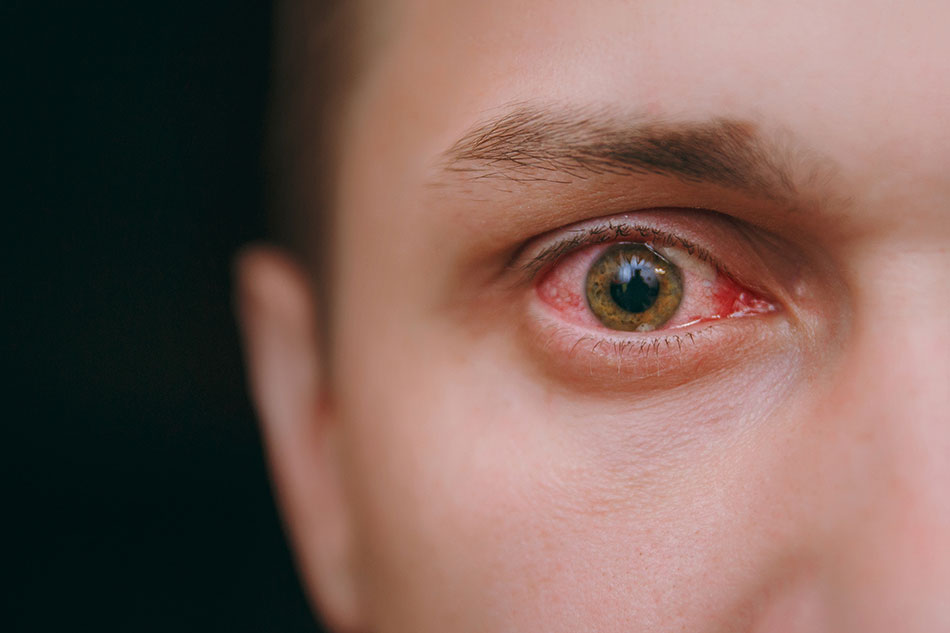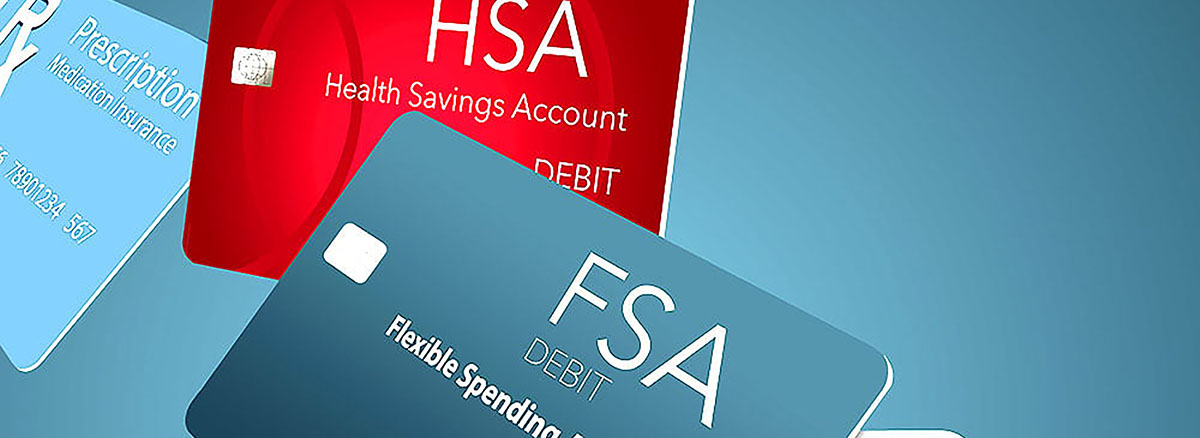Sharing meals with family and friends is one of the highlights of the holiday season. Whether you indulge in old favorites or try new recipes, consider adding these eye-healthy foods to your holiday table.
Leafy Green Vegetables
Starting your holiday meal with a salad is an excellent way to ensure that you and your guests get plenty of zeaxanthin and lutein, two nutrients that help protect your central vision. Adding kale, spinach, or romaine lettuce to salads helps your eyes absorb damaging blue light, combats the effects of cigarette smoke and pollution, and also decreases your risk of developing age-related macular degeneration (AMD), a condition that affects the macula, the part of your retina responsible for central vision. You will also find lutein in grapes, kiwis, broccoli, peas, corn, Swiss chard, and collard greens.
Turkey and Beef
Turkey and lean beef, two of the key ingredients in many holiday meals, keep your eyes strong and healthy. Both foods are high in zinc, a nutrient important to the retina and the choroid layer under the retina. Zinc is essential for good night vision. Eating foods that are high in the nutrient can also reduce your risk of cataracts and AMD. Other foods that contain zinc include pork, dairy products, chick peas, black-eyed peas, crab, oysters, beans, spinach, mushrooms, cashews, and almonds.
Fish
Your eyes will thank you if you make salmon, mackerel, flounder, tuna, halibut, herring, or sardines the centerpiece of one of your holiday meals. These fish contain omega-3 fatty acids, which can reduce your risk of developing AMD, dry eye, and glaucoma.
Carrots
Your mom was right. Carrots do help your vision. They contain beta carotene, a substance that turns into vitamin A when you eat it. Eating carrots can benefit your night vision and reduce your risk of cataracts, AMD, and dry eyes. If you do not like carrots but still want to enjoy the benefits of beta carotene, make a pumpkin pie or a batch of pumpkin soup instead, or add roasted sweet potatoes to the holiday menu.
Bell Peppers
Bell peppers add color to any holiday meal and are high in both vitamins A and C. Eating peppers is an easy way to protect your central vision.
Whole Grains
Whole grains reduce your risk of heart disease, obesity, and type 2 diabetes and can also decrease your risk of AMD. Substituting whole grain flour for white flour in holiday breads and muffins is a simple way to boost your whole grain intake. Wild rice, brown rice, popcorn, oatmeal, bulgur, barley, buckwheat, and couscous are other good whole grain sources.
Fruit
Fruits high in vitamin C, such as strawberries and oranges, also offer important vision benefits. Vitamin C is an antioxidant, a substance that can prevent cell damage caused by free radicals. Eating vitamin C-rich foods helps keep the collagen in your cornea healthy and reduces the risk of cataracts and AMD. In addition to strawberries and oranges, you will also find vitamin C in grapefruit, kiwi, blueberries, peas, broccoli, and tomatoes.
Wise food choices, in addition to regular eye examinations, can help you protect your vision. Is it time for your next eye exam? Call us today to schedule your appointment.
Uncontrolled diabetes can affect your eyes and even lead to blindness if you do not receive treatment. If you have diabetes, you may be at increased risk of developing these conditions and diseases.
Blurred Vision
Blurred vision occurs when high blood sugar levels cause fluid to leak into the lens of the eye. The lens, located behind your iris, helps focus light onto your retina. The excess fluid causes your lens to swell, blurring your vision. Blurred vision is often one of the first signs of diabetes.
Diabetic Retinopathy
Diabetes can cause tiny vessels in your retina to leak blood and may also cause the formation of new vessels in your eyes. Both of these conditions can block your vision and cause scar tissue to form, which may lead to retinal detachment. Keeping your diabetes under control will help you avoid the disorder.
How to Schedule Your Appointment in Raleigh, Knightdale, or Wake Forest
To make your appointment today, simply call the location closest to you or or book an online appointment today!






